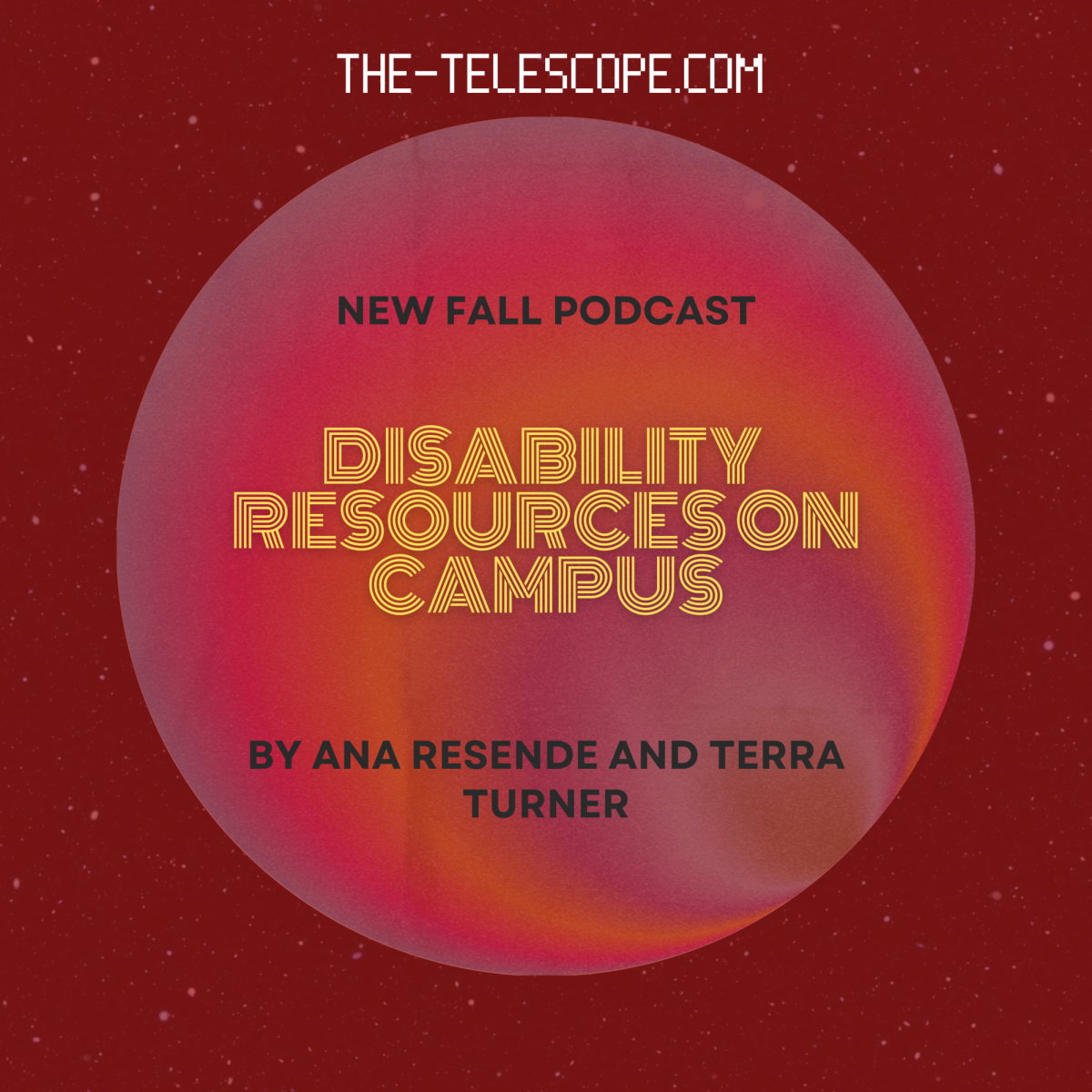I’m looking for some early career insight. I’ll be graduating soon with a degree in anthropology and plan to start working full-time at a local community development and advocacy non-profit. I’ve been volunteering at the center since my sophomore year and began working there part-time after this past new year.
While I’m excited about the opportunity, I also want to get my master’s degree in social work within the next year. I would have considered applying to a program here, but the commute wouldn’t be realistic. That’s why I need some guidance.
I’ve seen promotions for online grad programs, but I don’t know how to evaluate the difference between them and traditional ones. What should I be looking for? Are there major disadvantages from a career perspective? Any help would be much appreciated.
Successfully balancing graduate school with a full-time job is no trivial matter. You’d be surprised how many well-intentioned students approach work-life balance with only half measures and lackluster consideration. As you can imagine, that tends to be a recipe for disaster. Don’t underestimate the value of relevant outside perspectives, either. Countless aspiring young professionals have been exactly where you are, asking some of the very same questions.
Consider Alan Henry, for example, a writer at Life Hacker who published a compelling piece highlighting seven things that he wish he’d known before going to grad school. While his specific experience won’t necessarily equate to your own, there are some fairly universal suggestions to keep in mind. Networking with your peers and being prepared to leave your comfort zone on a regular basis are two examples. His conclusion reminds us that a graduate degree conferral doesn’t guarantee success or instant job security, but rather the chance to compete with other graduates for entry into the global workforce.
When it comes to the balancing act itself, there’s plenty of helpful tips already out there– such as the concise and informative blog post, the 4-step survival guide for anyone trying to balance work and grad school. First and foremost, she recommends that you get prepared. Online and evening programs are some of her opening points. Those options are more likely to offer the flexibility that a working professional needs, especially when compared to their traditional counterparts.
Fortunately, much of the preliminary research has already been done for you, for instance, this comprehensive list of the best master of social work programs available to aspiring social workers. You’ll notice a healthy mix of traditional and online MSW programs to explore and evaluate. Many of the programs offer various academic concentrations, professional specializations, pathways to and preparation for state licensure, etc. That’s true of both traditional and online graduate programs.
There aren’t any real disadvantages associated with an online degree program from a career or employment perspective. Staff at The Association of Social Work Boards (ASWB) make it abundantly clear that the most important thing is obtaining degrees and licensure from institutions accredited by the Council on Social Work Education (CSWE). You’ll encounter few official barriers assuming that always remains the case.
“I am no longer accepting the things I cannot change. I am changing the things I cannot accept.” — Angela Davis
Sponsored content provided by Scholarship Media.



























































